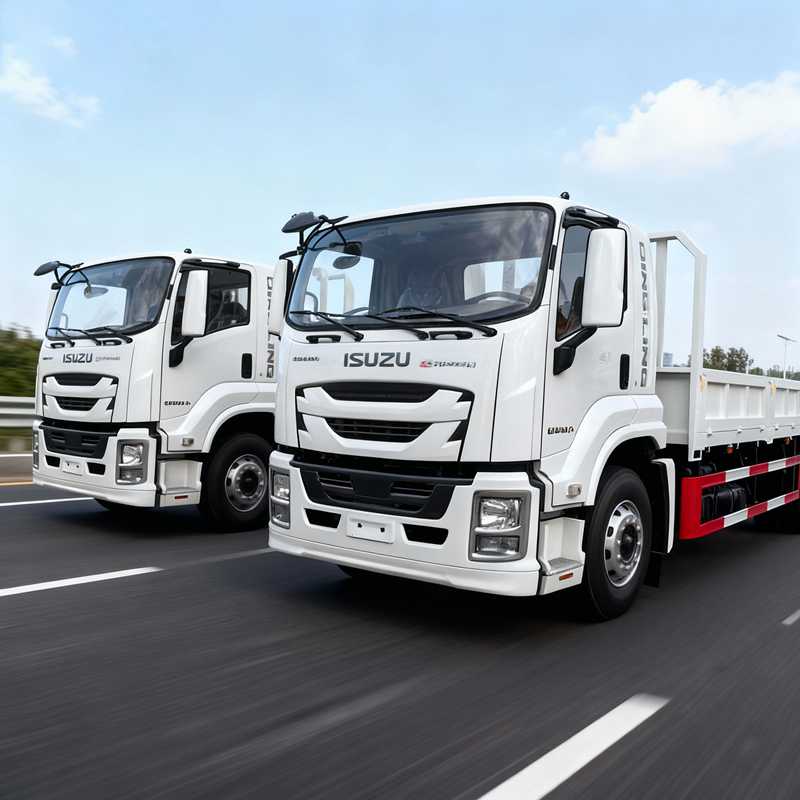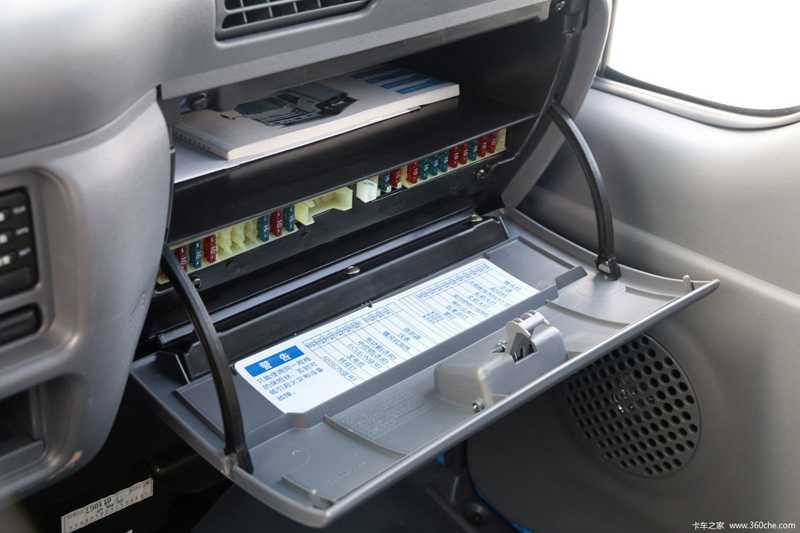

The shipping container truck plays a critical role in global trade and logistics. From ports to factories and distribution centers, these trucks ensure containers filled with goods reach their destinations safely and efficiently. Whether for domestic hauling or international shipping, container trucks are indispensable for businesses involved in import and export operations. 
A shipping container truck is a heavy-duty vehicle designed to transport ISO-standard containers, typically 20ft, 40ft, or 45ft in length. These containers can hold a wide range of cargo, including electronics, machinery, textiles, and food products.
The truck usually consists of:
A tractor unit (head or prime mover)
A container chassis trailer (designed to fit and lock the container securely)
Together, they form a flexible transport system that can connect sea, rail, and road logistics — making container trucking a key link in global supply chains.

Used for general-purpose dry containers. Ideal for transporting non-perishable goods and general merchandise.
Features an open platform design for carrying oversized or heavy containers. Suitable for construction materials, machinery, or large equipment.
Equipped with hydraulic arms that allow containers to be lifted and placed beside the truck. It is especially useful in areas without cranes or loading docks.
Carries refrigerated containers (reefers) used for perishable items such as food, pharmaceuticals, and chemicals requiring temperature control.
Container trucking typically follows a streamlined process:
Container pickup: The truck collects containers from ports, rail yards, or factories.
Secure loading: Containers are fixed to the chassis using twist-lock systems to prevent movement.
Transport and tracking: Trucks use GPS systems for real-time route optimization and monitoring.
Delivery and return: The container is unloaded at its destination, and the truck either returns empty or takes another load.
This operational flexibility allows shipping container trucks to handle both import and export logistics efficiently.
Efficiency: Direct door-to-door delivery minimizes cargo handling.
Versatility: Suitable for different cargo types, from consumer goods to industrial materials.
Intermodal compatibility: Works seamlessly with ships, trains, and warehouses.
Cost-effectiveness: Reduces transshipment costs and handling time.
Security: Containers are sealed, protecting goods from theft or weather damage.
These features make container trucking one of the most reliable and widely used logistics solutions in the world.
When selecting a container trucking company, consider:
Fleet capacity: Ability to handle different container sizes and volumes.
Route coverage: Availability of domestic and cross-border transport options.
Equipment quality: Use of well-maintained trucks and modern GPS tracking systems.
Port experience: Familiarity with customs clearance and port operations.
Safety standards: Compliance with local and international transport regulations.
A reliable logistics partner ensures your goods are delivered on time and in perfect condition.
The container transport industry is evolving rapidly with technology. Key developments include:
Electric and hybrid trucks to reduce fuel costs and emissions.
Smart logistics systems for route planning and load optimization.
Automated container handling at ports for faster turnaround times.
Blockchain-based documentation for secure and transparent transactions.
These innovations are transforming container trucking into a more efficient and environmentally friendly logistics solution.
The shipping container truck remains a cornerstone of the logistics industry, connecting manufacturers, ports, and markets worldwide. Its flexibility, efficiency, and reliability make it indispensable for global trade.
Whether your business handles exports or imports, investing in dependable container trucking services can significantly enhance supply chain performance — ensuring every shipment arrives safely, on time, and cost-effectively.